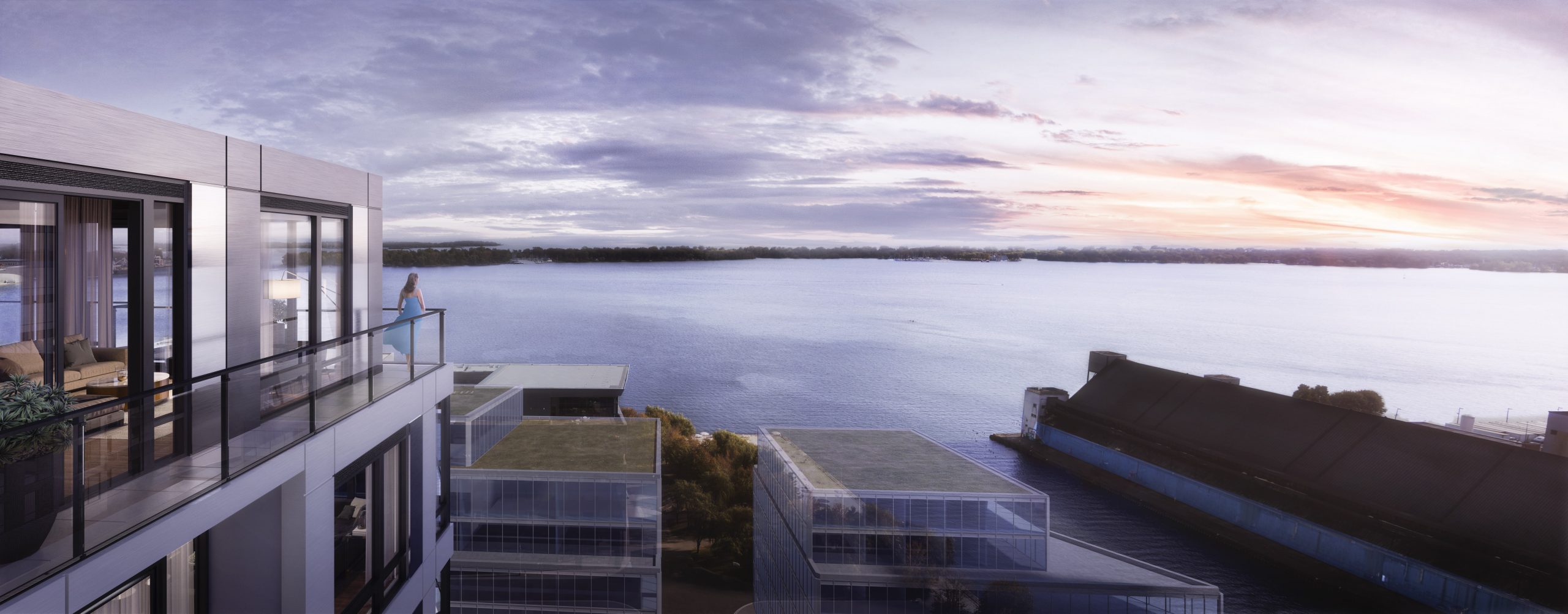As one of Canada’s hottest real estate markets, Toronto’s home sales continue to boom and prices continue to rise despite the considerable impact of the COVID-19 pandemic.
Toronto has had a housing affordability crisis for decades now. With the added taxes and fees and now rising prices, most younger millennials are coming to terms with the idea that perhaps they may be renting for longer or living at home with family longer than they had anticipated in an effort to save enough money to afford a decent downpayment on a starter home.
The CMHC defines housing as affordable when “it costs less than 30 per cent of a household’s before-tax income,” which includes rent or mortgage (principal and interest) payments, property taxes and other home bills.
The price of housing increases when demand from population growth outpaces supply. Toronto became the fastest-growing metropolitan area in North America in 2019, growing by 127,575 people in a single year — even though only 102,000 homes were added in the three years since 2016.
Read on to learn about what are the 3 forces driving Toronto’s real estate prices higher.




